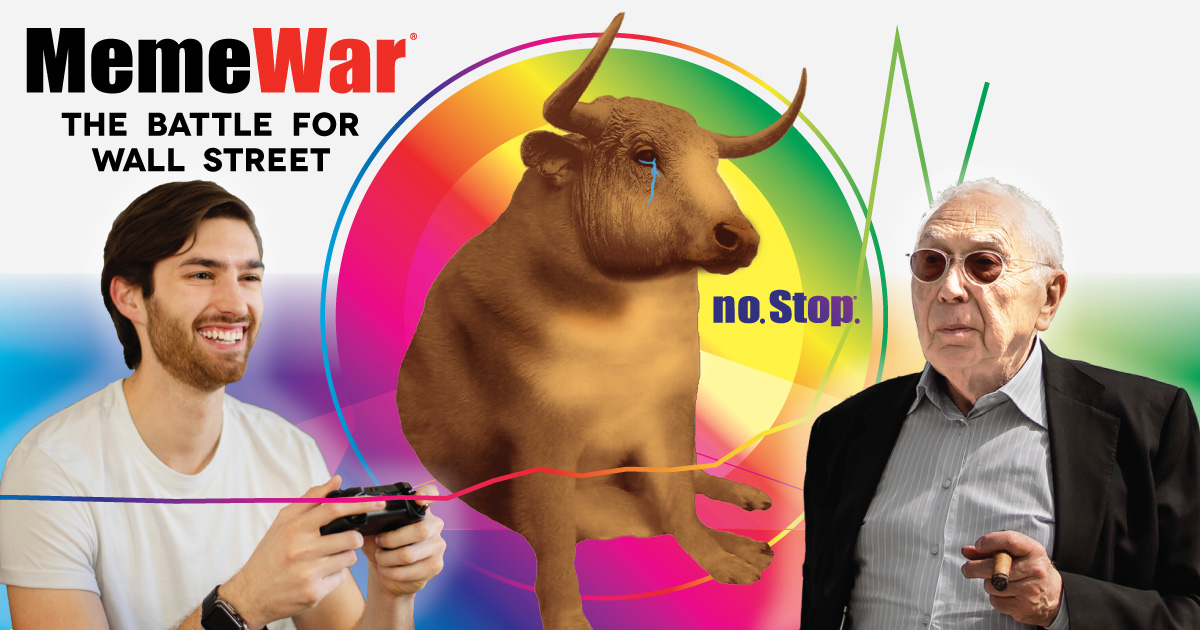If you are in the habit of keeping your eye on the stock market at all, then you will recall the extreme, and sudden, rise in GameStop stock prices in early 2021.
On January 7, 2021, GameStop stock was selling at about $18 a share. The long-struggling, brick and mortar gaming store seemed to be set for a full collapse as COVID knocked out any last hope of a comeback, but then something happened that would shake the whole stock market and stir up more excitement than any game GameStop had on its shelves.
Some investors were taking part in shorting GameStop stock. This basically means that they were selling off stock shares that didn’t belong to them in the first place, hoping that the price would soon drop so that they could buy back those same shares of stock at a lower price and then give them back to their rightful owners, while pocketing a profit. The ethics of this are questionable at best and shorting is one of the many things that can make it difficult for small-time investors to go farther in the investing game. Nevertheless, shorting is not illegal.
Some Reddit investors noticed what was happening with GameStop stock and they wanted to teach the “big boys” a lesson they would never forget. These investors bought up all the GameStock stock, thus driving up the price at a rapid rate. In fact, from January 7th to January 28th, GameStop stock skyrocketed to $347.51. That’s an increase of 1,250%.
Also on January 28th, Elon Musk tweeted against the poor ethics of shorting, which drew even more attention to what was taking place with GameStop.
The result of Redditor’s moves to stick it to the big boys was that Melvin Capital lost nearly $6.6 billion in hedge funds and the S&P 500 fell by 2.6% on January 27th, making it the worst market day since October 2020.
Unfortunately, this game is still not played out. With gains and losses on both sides, it’s difficult to say who actually won this round, but one thing is for certain; this experience is causing us to question the status quo and take a harder look at market regulations.


